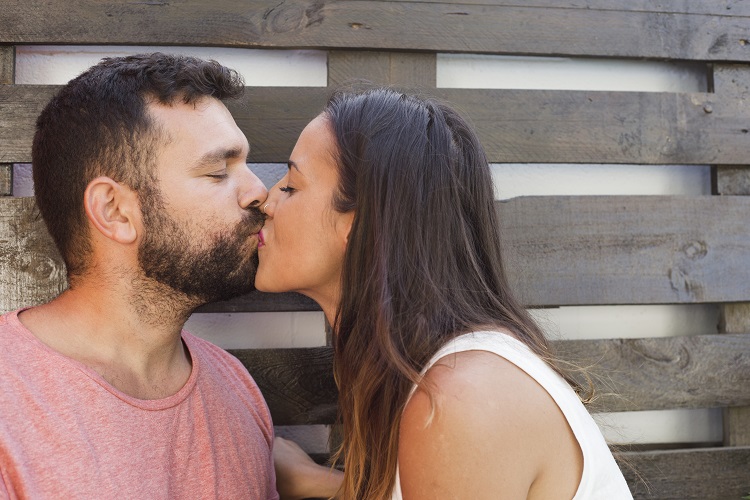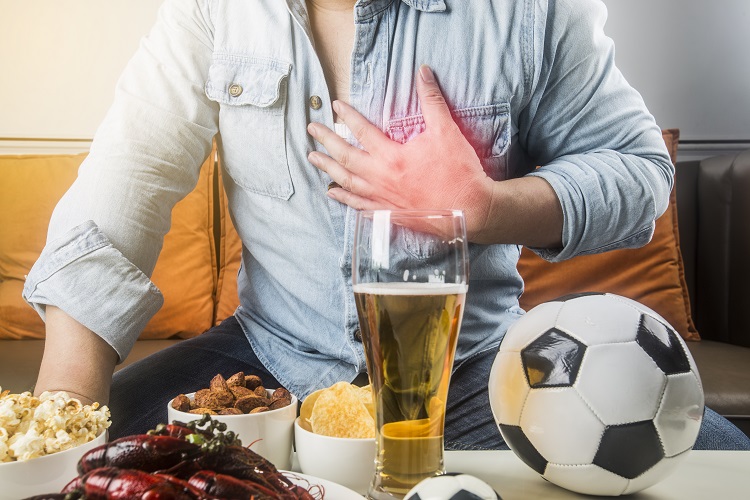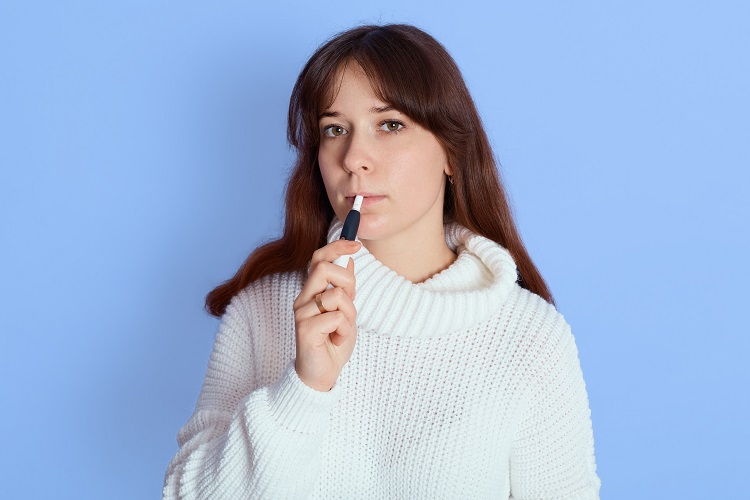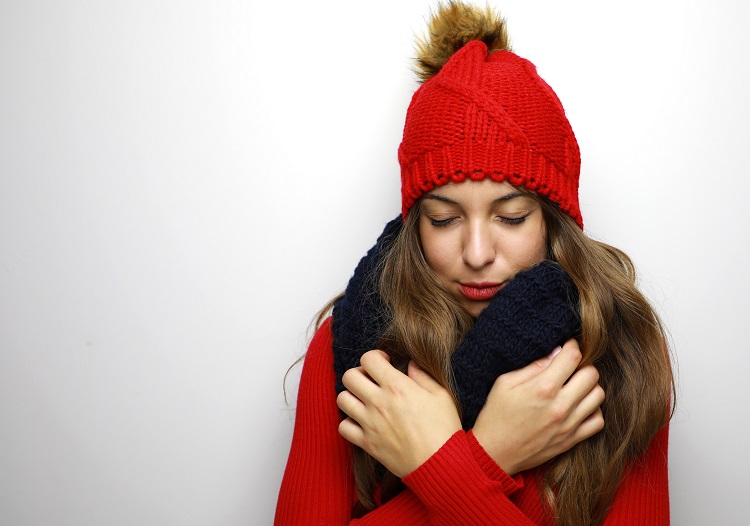Herpes is one of the most widespread viral infections globally, yet the myths surrounding it often lead to confusion and stigma. There are two main types of Herpes Simplex Virus (HSV): HSV-1 and HSV-2. While HSV-1 is commonly associated with oral herpes (cold sores), HSV-2 typically affects the genital area. However, both types can occur in either location.
Despite how common herpes is, many people still wonder: Does kissing spread herpes? The short answer is yes, it can—but there’s a lot more nuance to the story. Before diving into how herpes spreads through kissing, it’s important to understand the nature of the virus, how it behaves in the body, and how transmission occurs.
The truth about herpes and kissing is more complex than most people think. Many individuals with herpes are asymptomatic and may not even know they’re infected. This makes it easy for the virus to be passed on through close contact, including kissing, especially during an active outbreak.
The Science Behind Herpes Transmission Through Kissing
The herpes simplex virus is spread primarily through skin-to-skin contact. When it comes to oral herpes (HSV-1), this includes kissing, sharing drinks, or using the same utensils with someone who has the virus. But the real risk comes when the virus is active—usually during or right before an outbreak, when cold sores are present.
Herpes can be spread even when no visible symptoms exist, a process known as asymptomatic shedding. This means a person can transmit herpes through kissing even if they don’t have a cold sore. The virus resides in the nerve cells and can become active without any signs, which is one reason why herpes is so easily transmitted.
This highlights why the question “Can herpes be spread by kissing?” is met with a definite yes. But the degree of risk varies depending on factors like whether the person is currently experiencing an outbreak, the strength of their immune system, and whether any preventative steps (like antiviral medications) are being taken.
Kissing With a Cold Sore: What You Need to Know
If someone has an active cold sore, kissing should absolutely be avoided. Cold sores are highly contagious and contain a high concentration of the herpes virus. Even a light peck on the lips can transfer the virus to another person, especially if that person has a small cut or abrasion in their mouth.
Cold sores typically go through several stages—from tingling and itching, to blistering, and finally to scabbing. The risk of transmitting herpes is highest during the blistering stage but can still occur at any point during the outbreak. Avoiding close contact, especially kissing or oral sex, during an active herpes outbreak is crucial.
People often underestimate how contagious herpes is during this time. While antiviral medications can reduce the duration and severity of outbreaks, they don’t eliminate the risk entirely. So if you’re asking, “Can kissing someone with a cold sore give you herpes?”, the clear answer is yes.
Asymptomatic Shedding: The Hidden Risk
Perhaps the most surprising truth about herpes and kissing is the concept of asymptomatic viral shedding. This occurs when the herpes virus becomes active on the skin’s surface even in the absence of symptoms like cold sores. During these times, the virus can still be transmitted through kissing.
Because asymptomatic shedding is unpredictable, even people who diligently avoid intimacy during an outbreak may unknowingly spread the virus. This makes herpes particularly tricky to manage, especially in relationships where one partner is negative and the other is positive.
This risk doesn’t mean kissing should be feared, but rather that communication and caution are vital. Knowing the status of you and your partner, along with using suppressive therapy, can significantly reduce the chance of spreading herpes through kissing.
Oral Herpes vs. Genital Herpes: What’s the Difference?
While both HSV-1 and HSV-2 are herpes viruses, they behave slightly differently. HSV-1 is typically responsible for cold sores around the mouth, while HSV-2 more commonly affects the genital area. However, due to changing sexual behaviors, HSV-1 is now a leading cause of genital herpes as well.
So, does kissing spread genital herpes? Not directly. Kissing spreads oral herpes (HSV-1), but if oral sex follows, HSV-1 can be transmitted from the mouth to the genitals. In this way, kissing is indirectly involved in the spread of genital herpes.
In couples where one partner has oral HSV-1, they should be cautious about engaging in oral-genital contact during an outbreak. It’s important to realize that herpes doesn’t always follow a neat pattern—each person’s experience can differ, and both HSV-1 and HSV-2 can exist in either location.
Dating With Herpes: Navigating Intimacy and Kissing
For many people living with herpes, one of the biggest challenges is how to handle dating and physical affection. Kissing is a natural, intimate act—but when herpes enters the picture, it can feel complicated. Fortunately, it doesn’t have to be.
First, honesty is critical. If you’re dating someone and living with herpes (whether oral or genital), letting your partner know upfront fosters trust and allows for informed choices. While it might feel intimidating, many people respond with compassion, especially when given accurate information.
Suppressive antiviral therapy can significantly reduce the frequency of outbreaks and lower the chance of asymptomatic shedding. Combining this with awareness of symptoms and avoiding intimacy during outbreaks can create a safe and satisfying romantic relationship—even with herpes in the mix.
Protecting Yourself and Others: Tips for Safer Kissing
If you’re wondering how to reduce the risk of herpes transmission through kissing, there are several effective strategies. First and foremost, avoid kissing when cold sores are present. This includes the entire duration of an outbreak—from the initial tingle to the final scab falling off.
For people living with herpes, daily antiviral medication (like valacyclovir) can reduce both outbreaks and the likelihood of transmitting the virus. Additionally, being mindful of early warning signs like tingling or itching can help catch an outbreak before it becomes visible.
Maintaining good oral hygiene, avoiding shared items like lip balm or drinks, and keeping your immune system strong can also help manage herpes symptoms and reduce shedding. These steps make kissing a safer act even in herpes-positive relationships.
Children and Herpes: Is It Safe to Kiss Your Kids?
A lot of parents are deeply concerned about transmitting herpes to their children, especially when they have an active cold sore. This fear is valid. Infants, in particular, are at risk of serious complications from herpes infections, such as neonatal herpes.
To minimize this risk, adults should never kiss infants or children when experiencing a herpes outbreak. It’s also wise to avoid sharing utensils, towels, or drinks when cold sores are present. Teaching kids not to touch cold sores or kiss others on the mouth can help reduce spread in the family. With proper hygiene and awareness, parents with herpes can safely interact with their children while minimizing risk.
The Emotional Impact: Stigma, Shame, and Breaking the Silence
One of the most damaging aspects of herpes is not the physical symptoms—it’s the emotional toll. The stigma surrounding herpes often makes people feel ashamed, unworthy of love, or isolated. But it’s time to challenge those beliefs.
Herpes is incredibly common, and contracting it doesn’t reflect someone’s worth or moral character. Open conversations about sexual health, consent, and STI education are crucial in breaking down harmful myths.
If you’re living with herpes, know that you are not alone. Resources like PositiveSingles, support forums, and herpes-friendly dating platforms help people connect and build relationships without fear of judgment. Love, affection, and kissing are still very much on the table—with awareness and care.
Yes, Kissing Can Spread Herpes—But It Doesn’t Have to Ruin Love
So, does Kissing Spread Herpes?. Herpes doesn’t mean the end of kissing, dating, or intimacy. In fact, many people in herpes-positive relationships continue to share deep, loving bonds without spreading the virus. Whether you’re living with herpes or dating someone who is, knowledge is your best protection. Break the silence. Talk openly. And remember, herpes is just a small part of who someone is—not the whole story.



